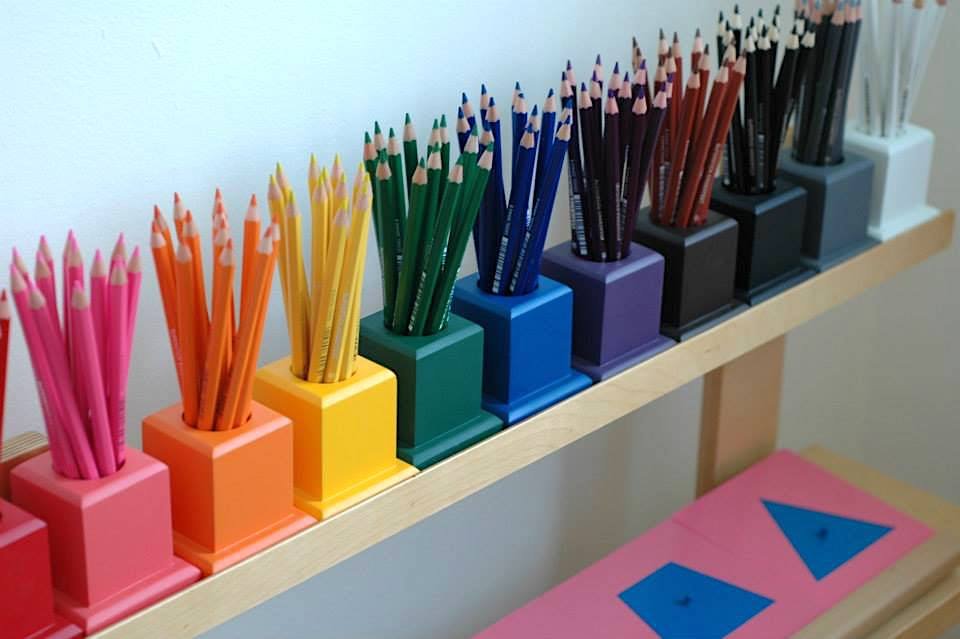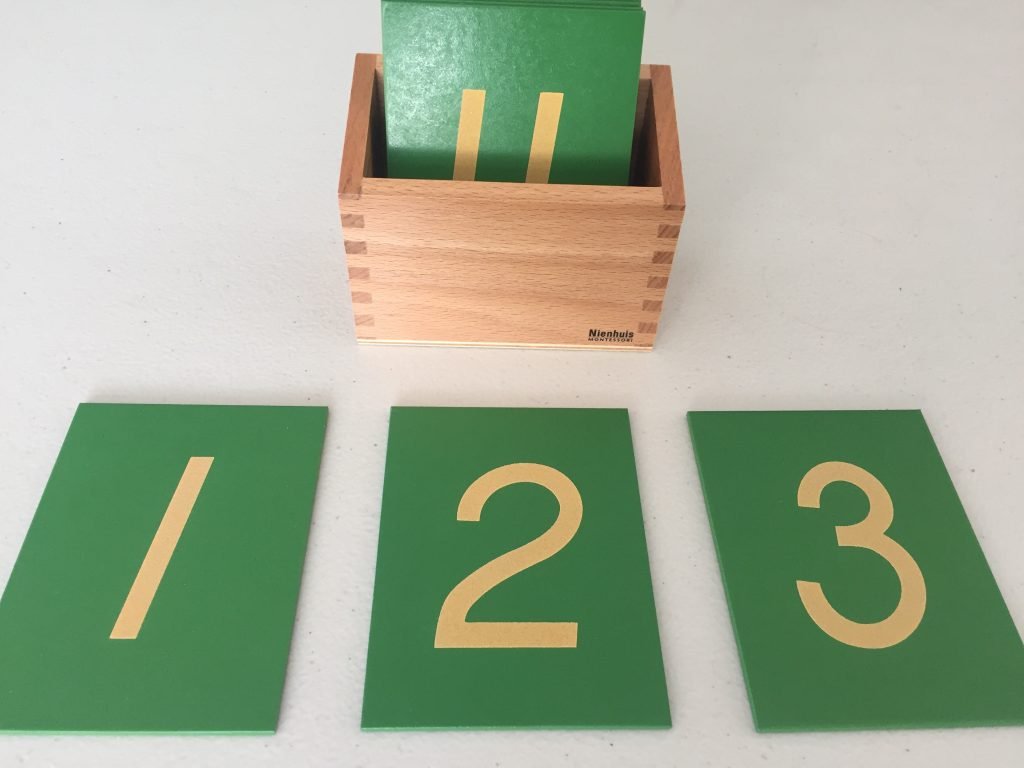
Why Montessori?
Montessori Elementary education is based on a deep respect for children and the belief children have an innate desire to learn, grow, and develop into capable adults.
At Desert Sky Montessori, we engage students with all that Montessori Curriculum has to offer, meeting each individual student at the place their interests and passions meet the real world and all it has to offer them. Montessori philosophy holds that adults need only demonstrate, invite, and provide opportunities for children to learn what they’re interested in, and in that spirit we work to create conditions where students can take ownership of their own education, and ultimately of their own life.
Mixed Age Classrooms — Community mindedness is emphasized and opportunities for both apprenticeship and mentorship abound
Prepared Environment — Maximizing engagement with the materials
Student Choice — Child led educational plans to maximize learning
Montessori Trained Teachers — Extensive education in child development and the Montessori method
Montessori Materials — Meticulously and scientifically designed materials that create and sustain interest
Built in Control of Error — Materials provide children the opportunity to discover their mistakes independently and correct them
Freedom of Movement — The classroom is designed to encourage students to move about the classroom freely working independently or in pairs or small groups
Work Periods — Ideally three hour cycles of time in which to complete lessons and assignments as well as independently chosen work
A Child Driven Environment — Teachers are guides and observers, rather than lecturers. Lessons are typically given in small groups or one on one, with daily circles including the whole class



From The American Montessori Society:
Montessori education offers our children opportunities to develop their potential as they step out into the world as engaged, competent, responsible, and respectful citizens with an understanding and appreciation that learning is for life.
Each child is valued as a unique individual. Montessori education recognizes that children learn in different ways, and accommodates all learning styles. Students are also free to learn at their own pace, each advancing through the curriculum as he is ready, guided by the teacher and an individualized learning plan.Beginning at an early age, Montessori students develop order, coordination, concentration, and independence. Classroom design, materials, and daily routines support the individual’s emerging “self-regulation” (ability to educate one’s self, and to think about what one is learning), toddlers through adolescents.Students are part of a close, caring community. The multi-age classroom—typically spanning 3 years—re-creates a family structure. Older students enjoy stature as mentors and role models; younger children feel supported and gain confidence about the challenges ahead. Teachers model respect, loving kindness, and a belief in peaceful conflict resolution.Montessori students enjoy freedom within limits. Working within parameters set by their teachers, students are active participants in deciding what their focus of learning will be. Montessorians understand that internal satisfaction drives the child’s curiosity and interest and results in joyous learning that is sustainable over a lifetime.Students are supported in becoming active seekers of knowledge. Teachers provide environments where students have the freedom and the tools to pursue answers to their own questions.
Self-correction and self-assessment are an integral part of the Montessori classroom approach. As they mature, students learn to look critically at their work, and become adept at recognizing, correcting, and learning from their errors.Given the freedom and support to question, to probe deeply, and to make connections, Montessori students become confident, enthusiastic, self-directed learners. They are able to think critically, work collaboratively, and act boldly—a skill set for the 21st century.
